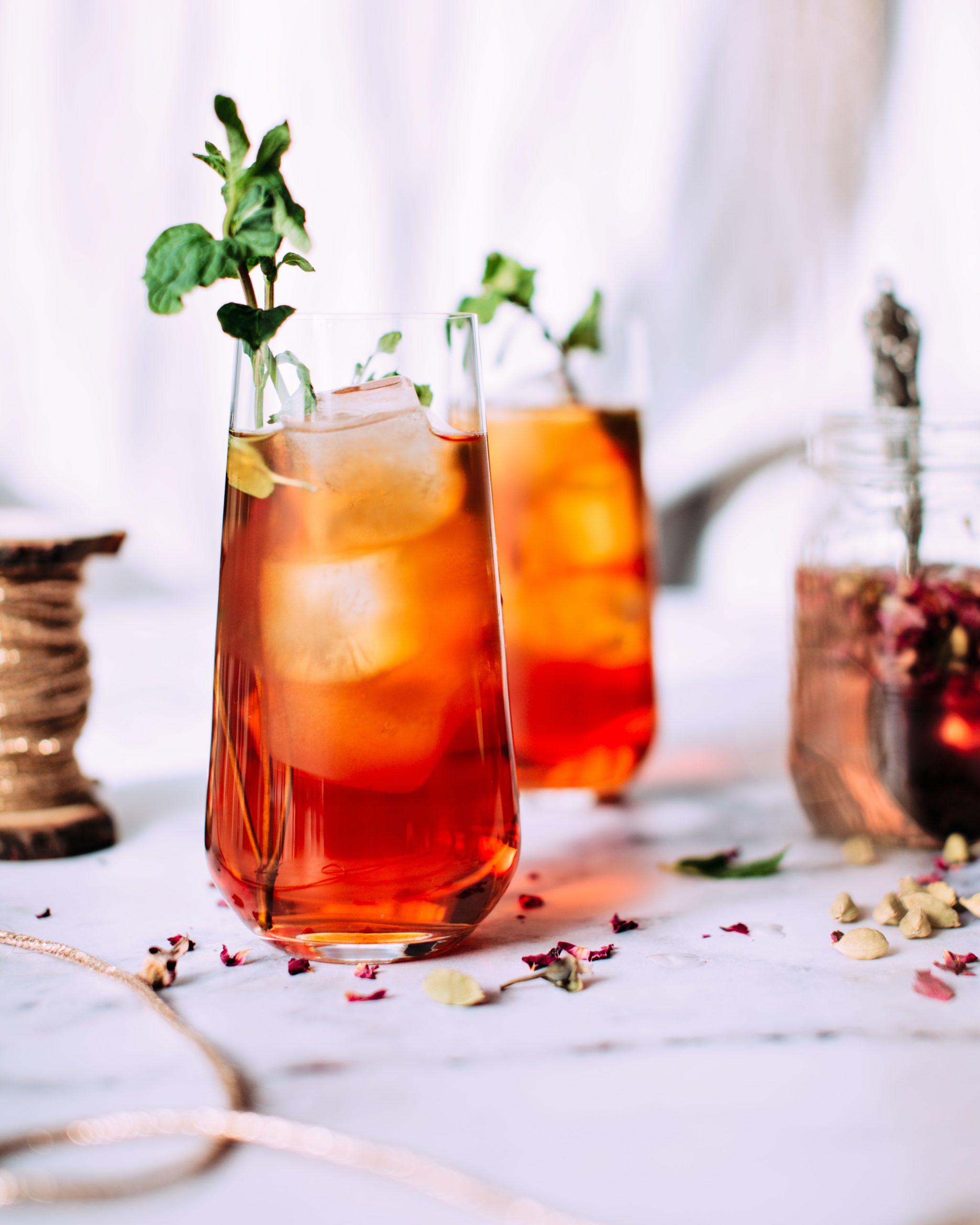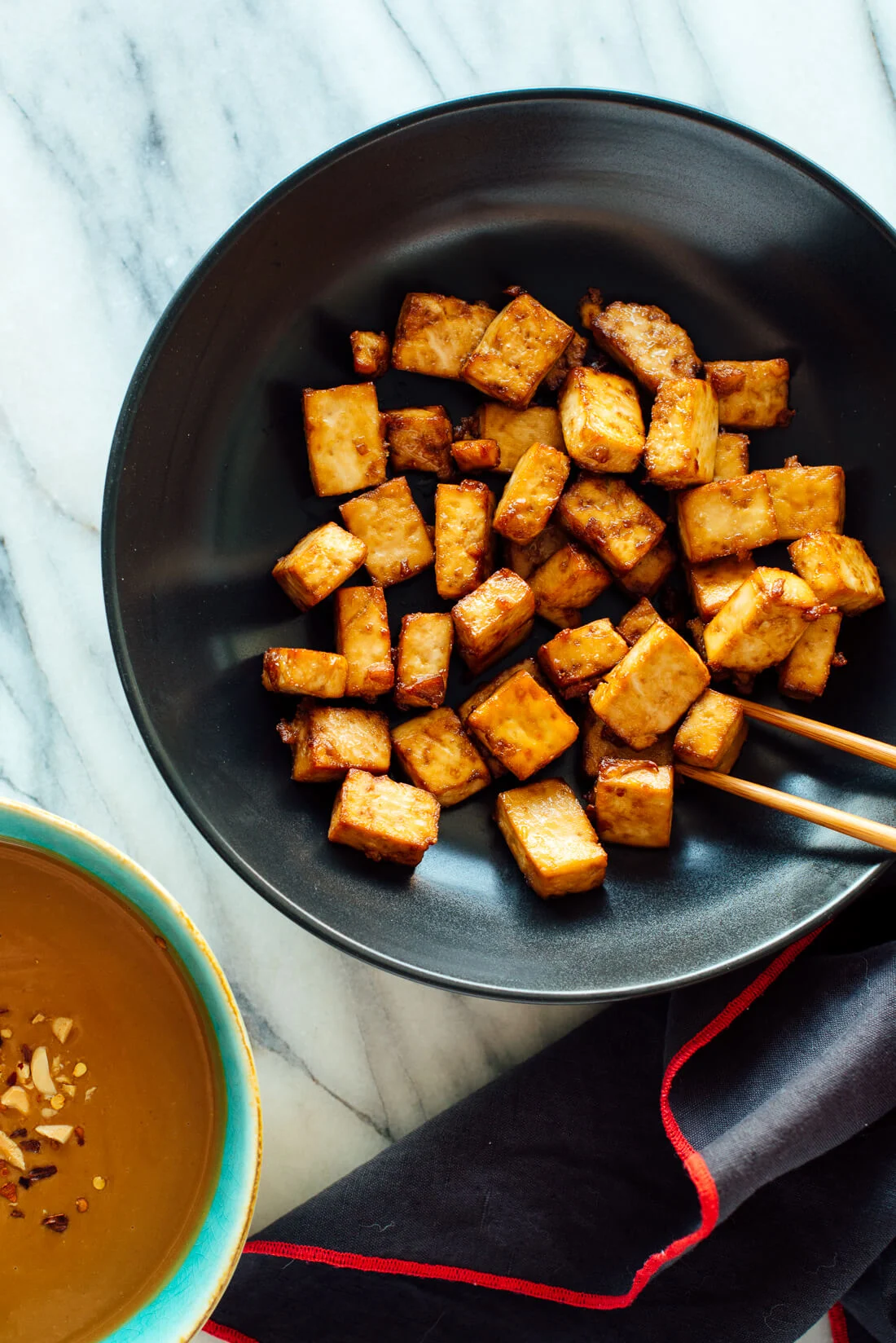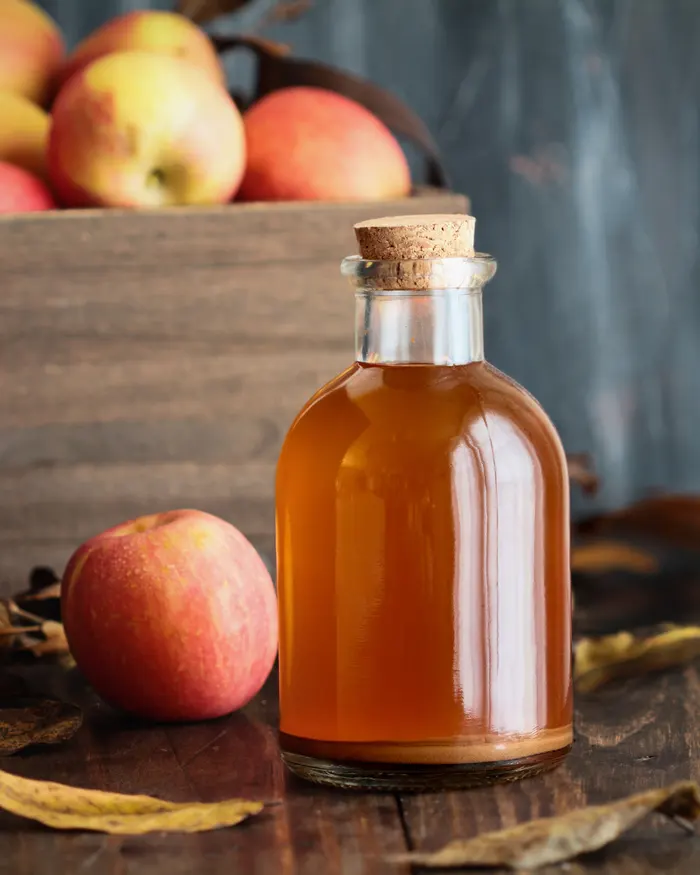As the world becomes more health-conscious, people are looking for ways to reduce their alcohol intake without sacrificing the social aspect of drinking. Enter the mocktail, a non-alcoholic cocktail that promises all the flavor and fun of a traditional cocktail without the negative effects of alcohol. But are mocktails really a magic bullet for reducing alcohol intake, or are they just a mirage?
On the surface, mocktails seem like the perfect solution for those looking to cut back on alcohol. They offer a wide range of flavors and ingredients, from fruity and sweet to spicy and savory, and can be just as visually appealing as their alcoholic counterparts. They also provide a way for non-drinkers to participate in social events without feeling left out or judged.
But do mocktails really help reduce alcohol intake? The answer is not as straightforward as it may seem. On one hand, mocktails can be a great way to satisfy cravings for a drink without actually consuming alcohol. They can also be a useful tool for those in recovery from alcohol addiction, as they provide a way to enjoy the social aspect of drinking without the risk of relapse.
However, mocktails can also be a double-edged sword. For some people, the taste and experience of a mocktail can trigger cravings for the real thing. This is especially true for those who are used to drinking heavily or who have a history of alcohol addiction. In these cases, mocktails may actually make it harder to reduce alcohol intake or maintain sobriety.
Another potential issue with mocktails is that they can be just as high in sugar and calories as alcoholic cocktails. Many mocktail recipes call for sugary syrups, fruit juices, and other sweeteners that can add up quickly. This can be a problem for those who are trying to lose weight or manage their blood sugar levels.
Despite these potential drawbacks, mocktails can still be a useful tool for reducing alcohol intake when used in moderation. Here are some tips for incorporating mocktails into your drinking routine:
1. Choose mocktails that are low in sugar and calories. Look for recipes that use fresh fruits and vegetables, herbs, and spices instead of sugary syrups and juices.
2. Use mocktails as a way to pace yourself when drinking. Alternate between alcoholic and non-alcoholic drinks to reduce the overall amount of alcohol you consume.
3. Experiment with different flavors and ingredients to find mocktails that you truly enjoy. This will make it easier to stick to your plan of reducing alcohol intake.
4. Be mindful of your triggers and cravings. If you find that mocktails are making it harder to reduce alcohol intake, it may be time to reevaluate your drinking habits and seek professional help if necessary.
In conclusion, mocktails can be a useful tool for reducing alcohol intake when used in moderation and with mindfulness. They offer a way to enjoy the social aspect of drinking without the negative effects of alcohol, and can be a useful tool for those in recovery from alcohol addiction. However, they can also be a double-edged sword, and may trigger cravings for the real thing in some people. As with any dietary or lifestyle change, it’s important to approach mocktails with caution and to seek professional help if necessary.










